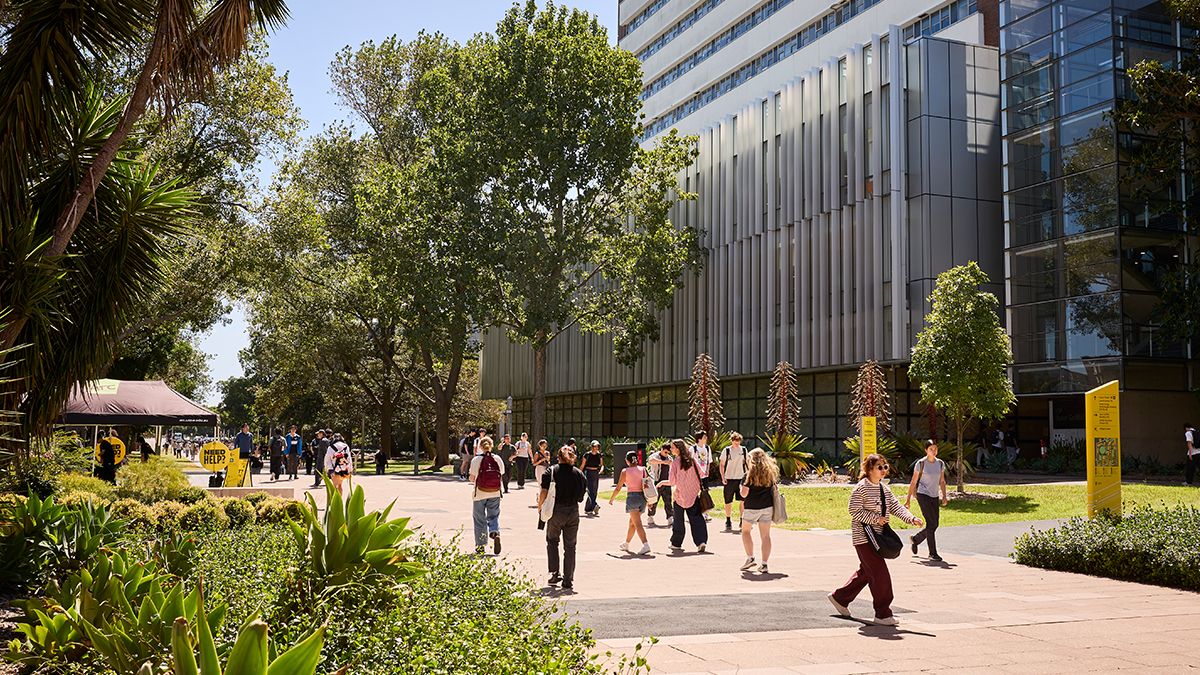
UNSW Sydney retains a top ranking of 11th in the world in the 2025 THE Impact Rankings.
UNSW has reaffirmed our global leadership in sustainability and societal impact amid the largest field of participating universities to date in the Times Higher Education (THE) Impact Rankings. This year’s rankings saw a record-breaking 2500+ universities submit data, with 2318 institutions ultimately ranked, up from 1963 in 2024.
In this significantly expanded field, UNSW placed 11th globally (a small drop from seventh last year), with our overall Impact score falling by just a single point. The result reflects continued strength across key areas measured by the THE Impact Rankings. The rankings assess how universities are contributing to the United Nations (UN) Sustainable Development Goals (SDGs), a global blueprint for peace, prosperity and planetary wellbeing.
“UNSW embraces the THE Impact Rankings not to compete, but to understand, measure and amplify our impact on society,” says Professor Bruce Watson, Pro Vice-Chancellor Societal Transformation & Equity. “The Sustainable Development Goals align closely with our mission and this result speaks to the deep commitment of our community to achieving meaningful impact long term.”
Coming off last year’s leap into the global top 10, our 2025 ranking result is a healthy stabilisation. Across all 17 SDGs, UNSW’s strongest performance remains in environmental areas. Highlights from this year’s rankings include:
- third in the world for Climate Action (SDG 13)
- seventh for Responsible Consumption and Production (SDG 12)
- 11th for Life on Land (SDG 15).
Our results reflect UNSW’s longstanding leadership in climate and sustainability — areas where the University continues to have global impact through research, operations and outreach.
“It’s encouraging to see UNSW’s continued strong performance in the THE Impact Rankings, in particular for SDG 13 and SDG 12,” says Will Syddall, Head of Environmental Sustainability.
“Some key operational sustainability initiatives from UNSW’s Environmental Sustainability Plan 2022–24 contributed to these results, including the LEAF [Laboratory Efficiency Assessment Framework] sustainability program, electrification program, Plastic Free Dining, sourcing 100% renewable electricity, the Sustainable Procurement Framework and recycling initiatives. It’s fantastic to see UNSW score well for these SDGs and overall.”
Get Involved
UNSW’s global impact is powered by our people, and expressions of interest are still open for the 2025 SDG Showcase on Tuesday 28 October at the Roundhouse. Students and staff can apply via the EDI website by Monday 7 July.
- Log in to post comments
